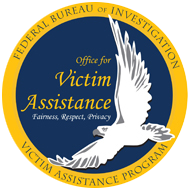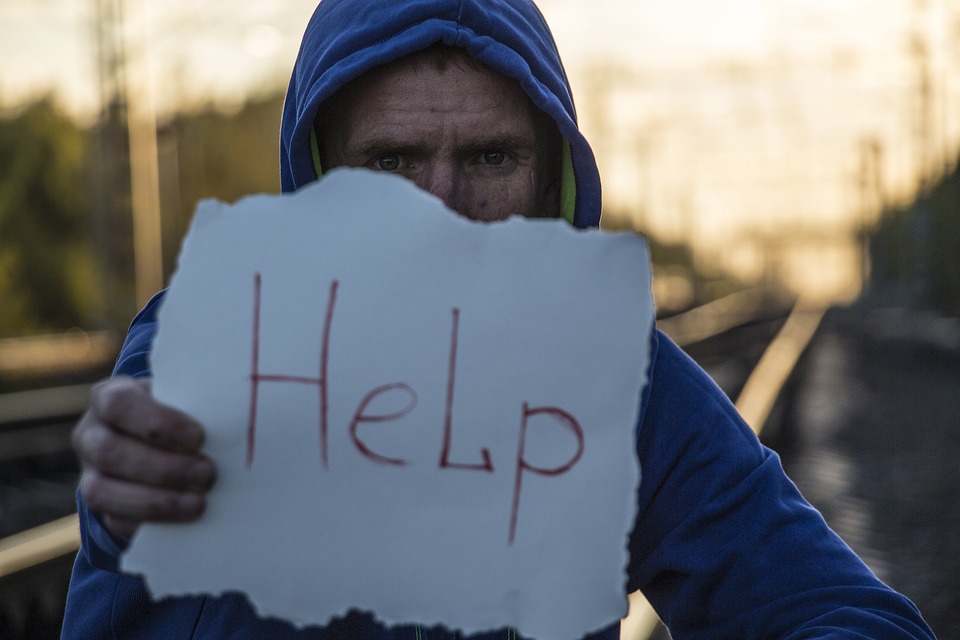Rethinking addiction
Hello this is a high level overview of rethinking addiction, it may help some take a different point of view of it and help you to understand addiction better. This is no way a scientific article and just another way looking at it. If you’re a parent, child, spouse or sibling of someone dealing with an addiction you have inside view of goes on in this daily battle.
About addiction
Addiction has become a term that is thrown around very easily and has turned into a sort of buzz word. First lets look at the word and a definition. Merriam-Webster Dictionary defines the word addiction as:
Definition of addiction
1: the quality or state of being addicted addiction to reading
2: compulsive need for and use of a habit-forming substance (such as heroin, nicotine, or alcohol) characterized by tolerance and by well-defined physiological symptoms upon withdrawal.
A compulsive need for and use. This is where most people lose the understanding of addiction. What do I mean by that? Very often when an outsider sees or knows someone who may have a drinking or drug use problem, from the outside they may see what it is doing to their life. There could legal issues, relationship or marriage problems, employment concerns and many other things. Looking in from the outside it’s easy to say “why don’t they just quit? Don’t they see what they’re doing to themselves.” How many of you parents have said this to yourself or to your loved one?
It’s not just about quitting
When someone is addicted it’s not just about quitting. By the time the addict gets to the level of an addiction that it basically consumes them and everything they do, they most often know they have problem. Depending on the drug of choice, quitting could kill them. Alcohol can be one of the most dangerous drugs to just quit. Most people do not realize this. After someone has used a substance for a long period of time the body and brain have become rewired. This is why “just quitting” becomes almost impossible.
Are you addicted?
Try this for a day and see how well you function and where your thoughts and focus go to. I want you to place your cell phone a drawer and leave it there for the day. I’m sure one of two thoughts have already entered your mind. First “ah heck this will be easy,” no problem and the denial to yourself that this experiment will be difficult, second you telling yourself you’re not addicted to phone ? right! After a short period of time your mind will wonder and you will fight that urge to go get it and look at it. Your mind may begin to race with the thoughts who texted you, what calls have I missed, how many emails do I have, what if one of the kids calls? You begin to lose your focus and the thoughts consume you. Welcome to withdrawal!
Compulsive need for and use of
Was this an accurate way of depicting an addiction? At its simplest terms maybe. It does demonstrate how a need for something can overtake us and have control over us. Why don’t you just quit your phone? You could never do that, you need it to survive. When someone is addicted they need the substance to survive. May sound very difficult to understand this but this is truly the case. It has become their normal. So you see it’s not a matter of quitting.

Breaking the hold of addiction
This is where the help of professionals come in. Remember when I said they probably know they have a problem. The situation is often no one knows where to turn to, or what kinds of help may be out there or what type help is required. An intervention is one of those ways to break the cycle. An intervention is when a family hires a professional to conduct an intervention on the loved one with helping resources all on stand-by and a action plan ready to go. Waiting for your loved one to “hit bottom” before asking for help will probably kill them.
Ending an addiction
As stated before just quitting using can create life threatening situations. Proper medical detox is required. Finding the correct level care in a detox and then a rehab are choices that need great care and attention. After-all this addiction has been tearing up your family for years, has caused great harm to everyone close, and you’re just done with it. Finding a quality rehab can be an overwhelming task. This too is an area where a professional can assist you. Often there are many outside factors that may have contributed to the addiction in the first place. It is key to find a facility that can address those concerns, and provide proper treatment.
The recovery road
The journey to recovery can be a very long and difficult one. We all have heard all kinds of numbers thrown out there about success rates. You know I’m not sure they really mean anything. It still really just comes down the individual person and where they are at on this journey. I know I may get some blow back for such a statement, but there are so many factors as why a person does or does not stay sober, and just as many things to “blame” if someone relapses.
Recovery is not an event! Recovery is a process. Completing 30, 60 or even 90 days doesn’t make a person “recovered.” Being or getting sober is not about quitting. Yes, quitting is part of the process but because you have quit and are “sober” doesn’t mean you have found sobriety. Finding sobriety is a much deeper subject and for those who find it, lives are forever changed.

Finding help
If you or someone you love is struggling with addiction know there is help out there. If you’re a parent of an addicted child you must take care of yourself and seek support. You must also know and understand you are not the blame of what is going on and your love alone will not fix it. Most often it is your love that is killing them. Seek out the professionals in your area for guidance. Please don’t go it alone. We have heard too many horror stories about letting Google choose your rehab choice. Getting a loved one into treatment does not “cure” them. This gives the baseline level of tools and understanding to start the recovery journey.
Remember it’s a journey for you as well, after all you were addicted to them being addicted. Recovery is a family process, and all members need to be fully engaged in supporting the desired outcome.
For more information on a professional intervention follow link, for any other questions or inquiries please do not hesitate to call 920-268-3217. The recovery journey often starts with a call before the first step is ever taken. Lives depend on it.
Take care
Steve




















